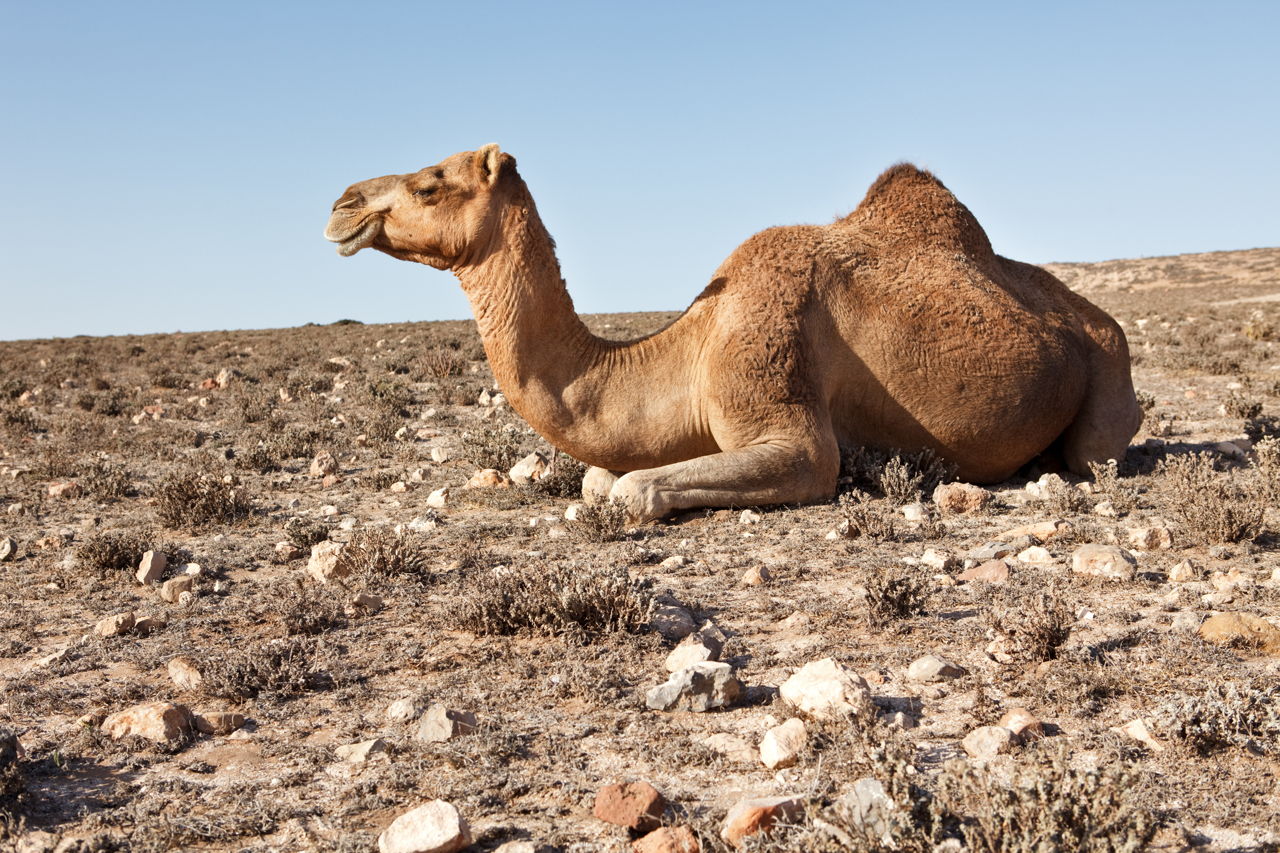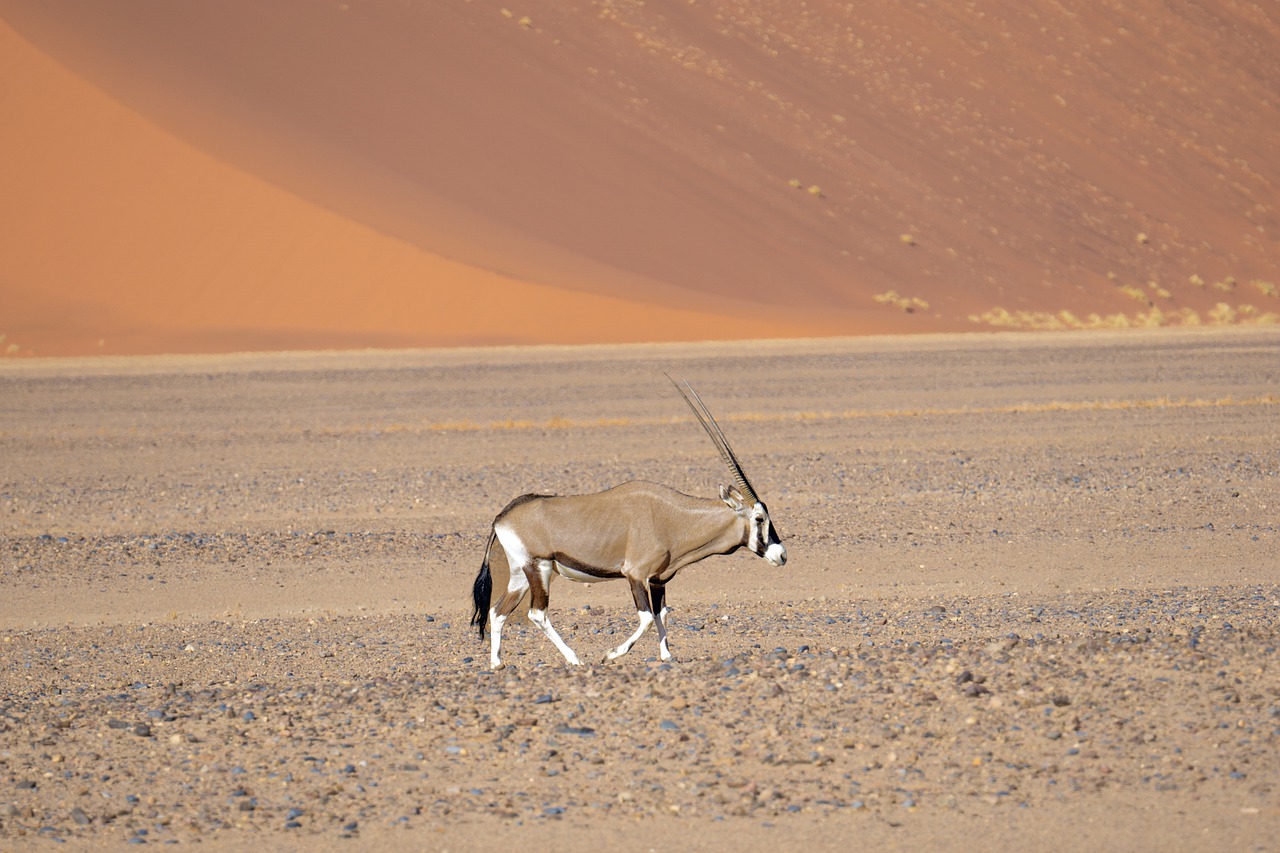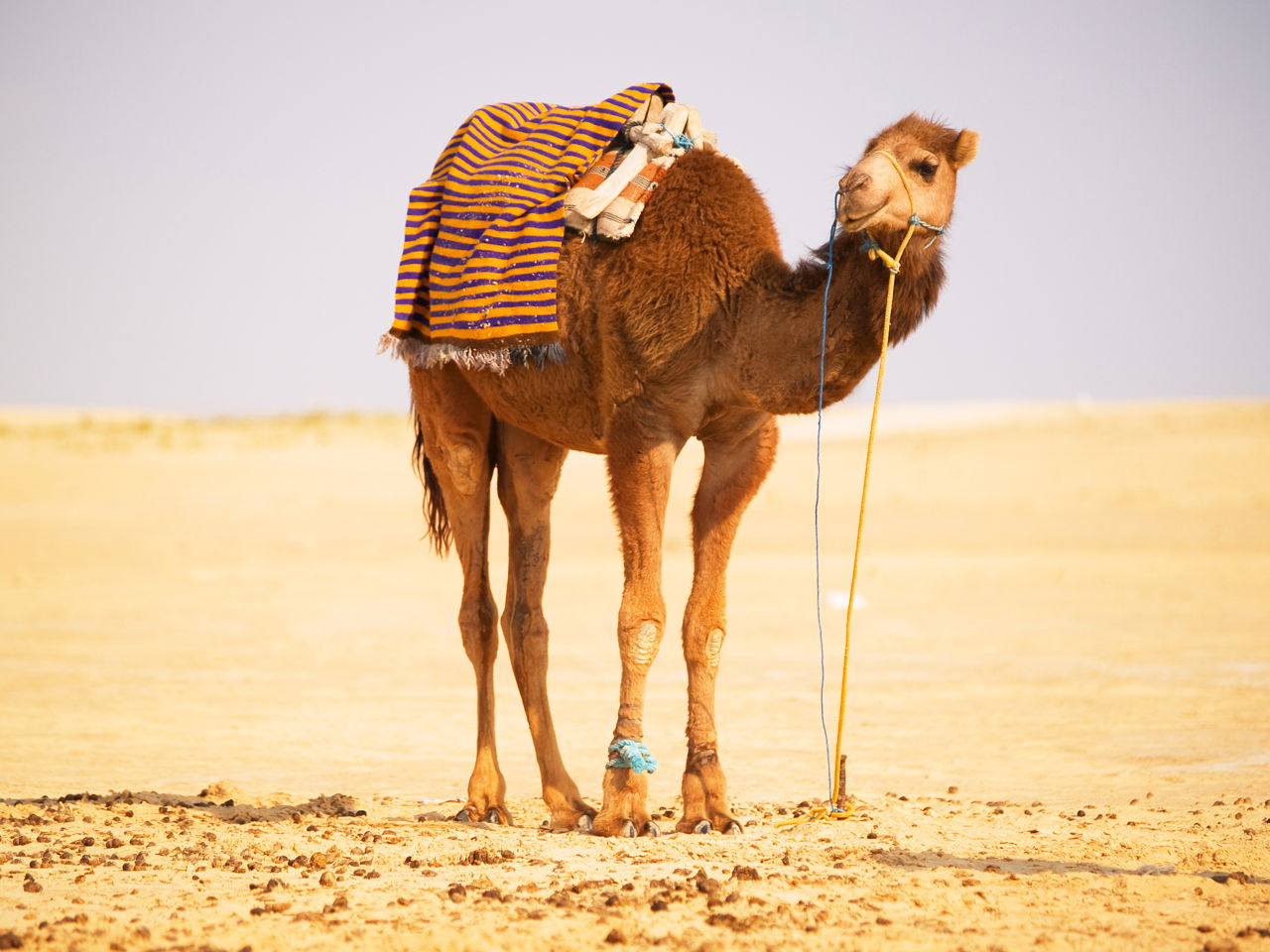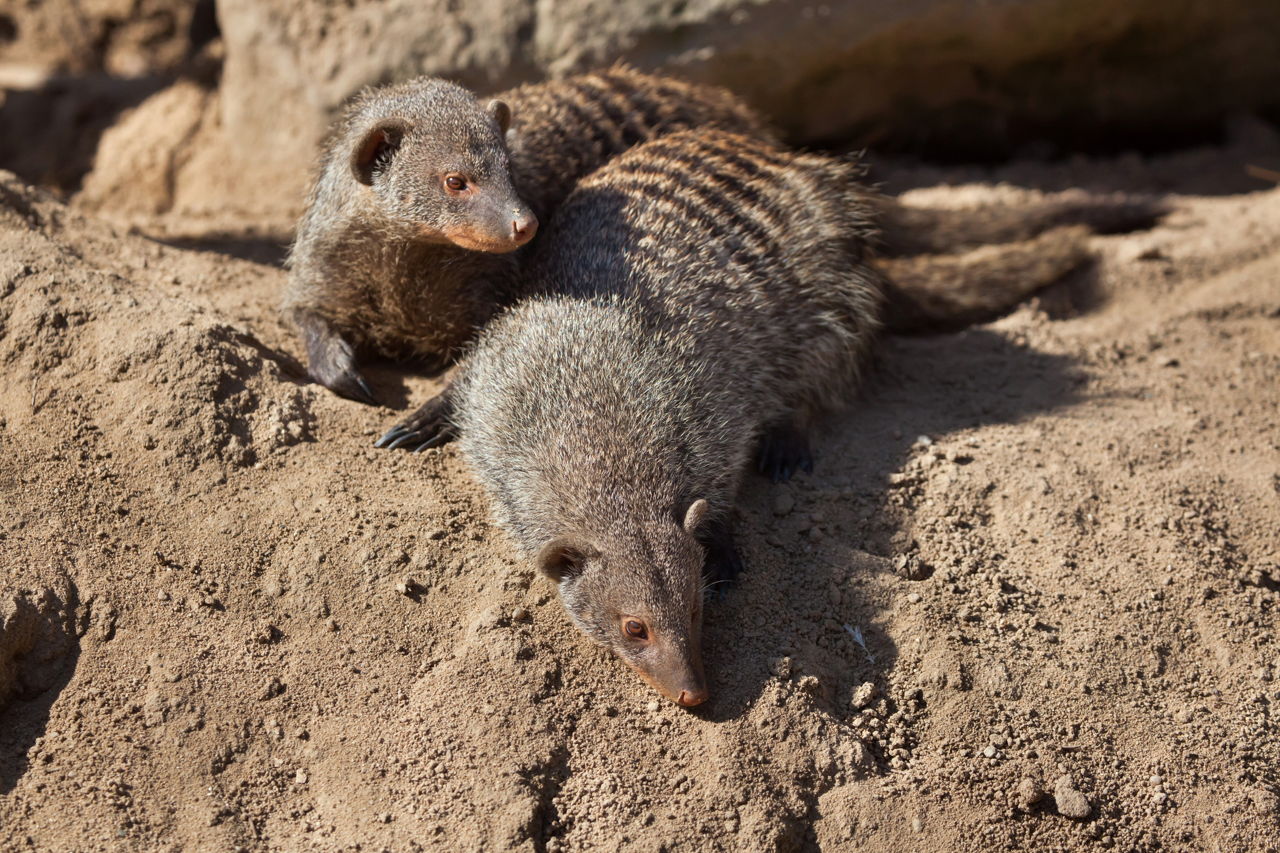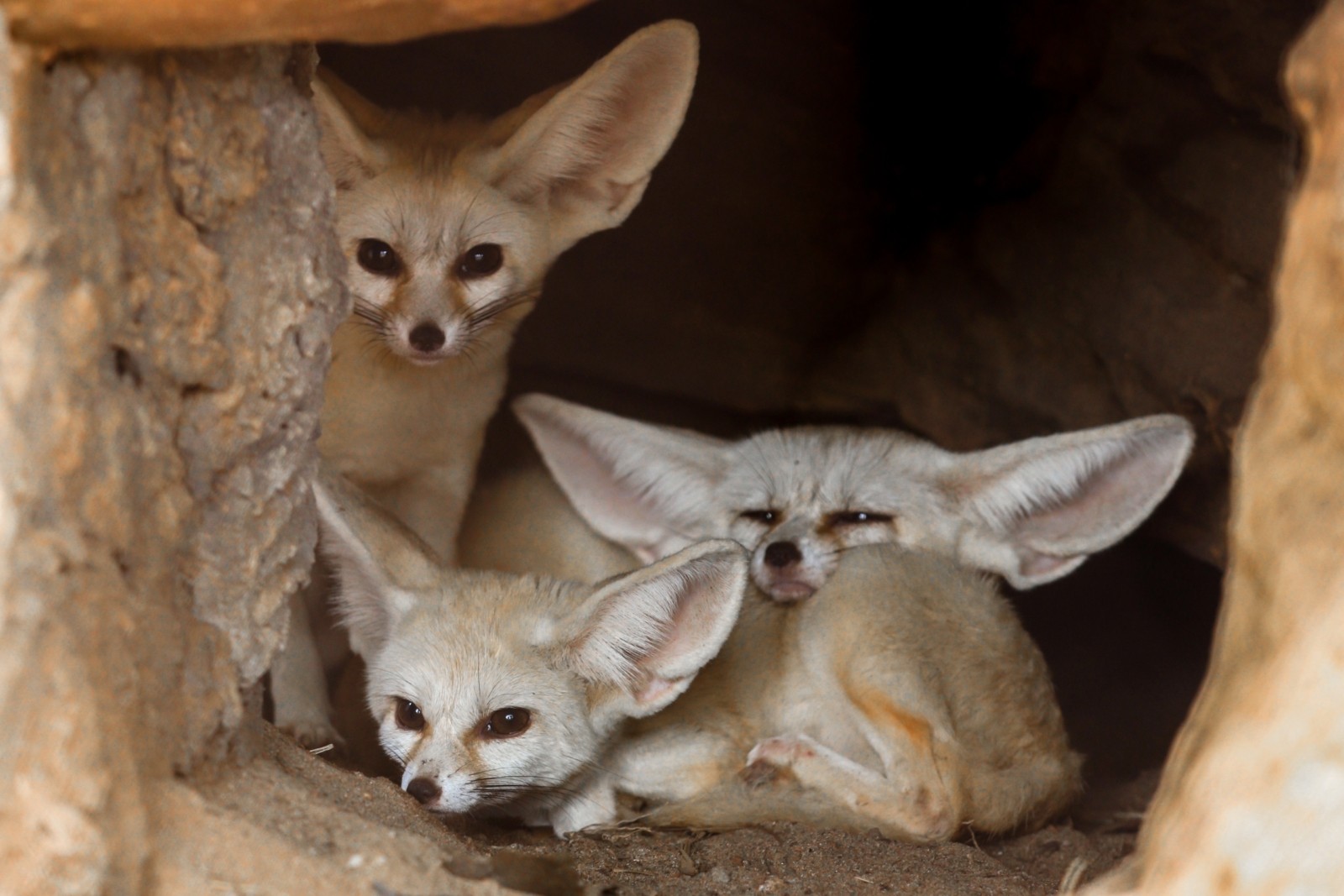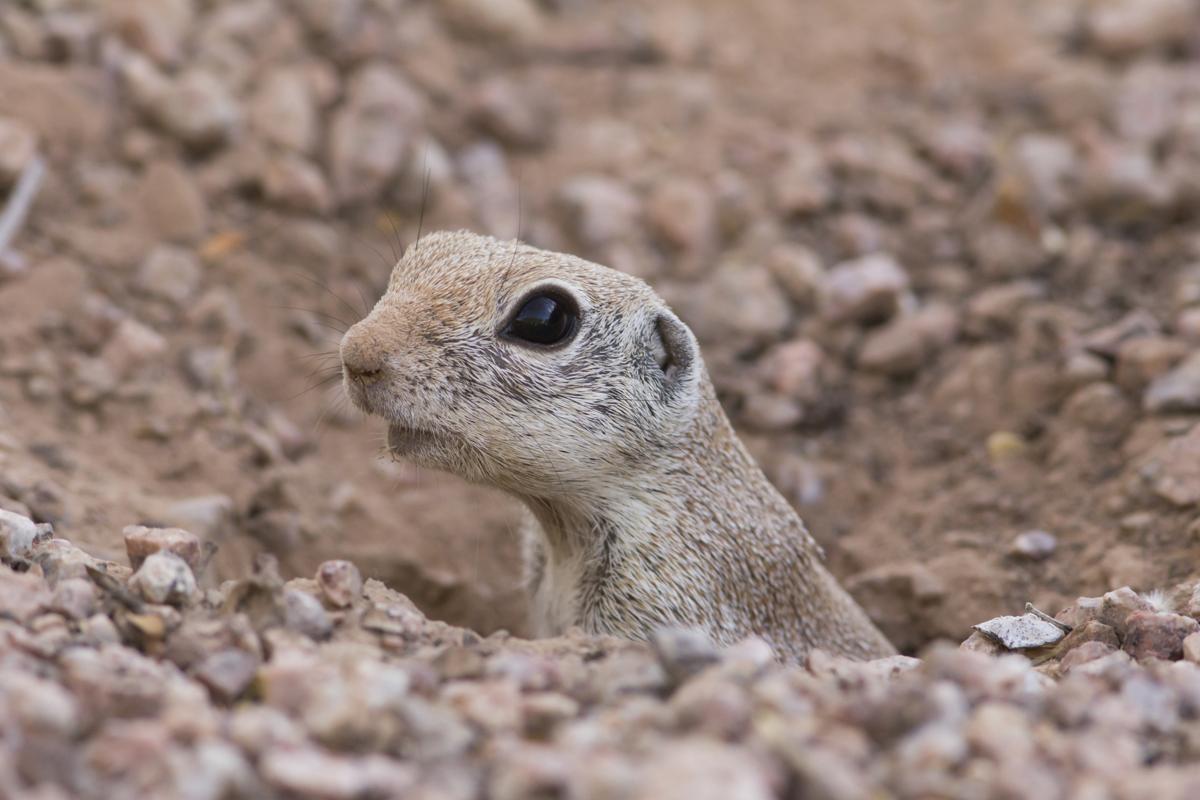Desert Animals Adaptations To Conserve Water
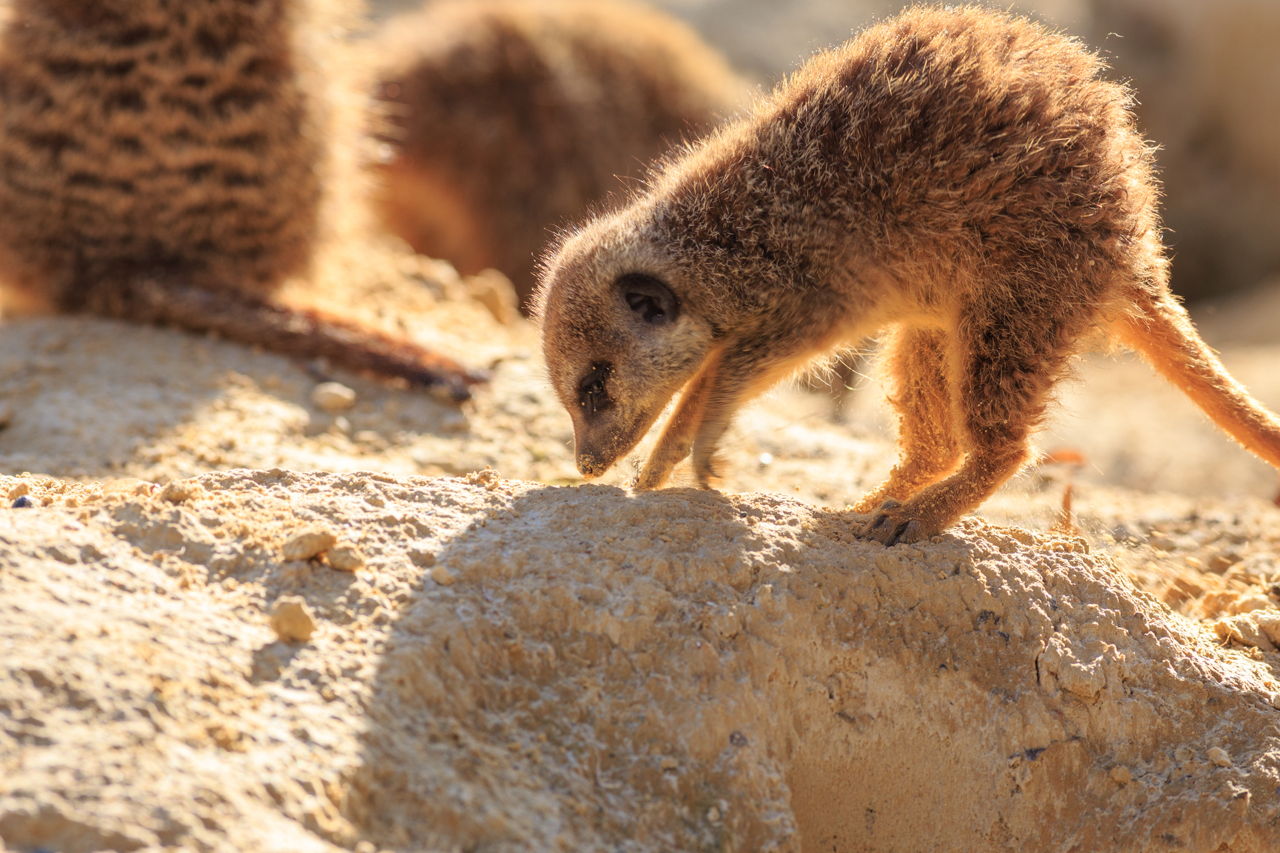
Among the thousands of desert animal species there are almost as many remarkable behavioral and structural adaptations developed for avoiding excess heat.
Desert animals adaptations to conserve water. Plants in deserts have adaptations to conserve water. Another example of desert animals that show some classic adaptations are the kangaroo rat seen in the North American. Other common adaptations seen in desert animals include big ears light-colored coats humps to store fat and adaptations that help conserve water.
Which animal is a classic example of adaptation to the desert conditions. Desert animals have developed anatomical and physiological adaptations to keep cool and conserve water. Other common adaptations seen in desert animals include big ears light-colored coats humps to store fat and adaptations that help conserve water.
Water is used up in the coolingprocess and can quickly dehydrate even the most water retentive animal so most desert animals have adapted their behavior to avoid getting too hot. Extreme desert is without any vegetation and rainfall. One of the biggest water retention adaptations desert animals have is simply to avoid the sun and extreme heat.
Nocturnal animals avoid activity during the. Equally ingenious are the diverse mechanisms various animal species have developed to acquire conserve. It gets all the water it needs from eating seeds.
Few animals have adapted to survive the hottest desert regions besides scorpions and small reptiles. To do this they squeeze out every drop available to them and recycle it. The main challenges xerocoles must overcome are lack of water and excessive heat.
One of the biggest water retention adaptations desert animals have is simply to avoid the sun and extreme heat. Other common adaptations seen in desert animals include big ears light-colored coats humps to store fat and adaptations that help conserve water. For example cacti have enlarged stems to store water as well as spines to protect these water reserves from thirsty animals.

